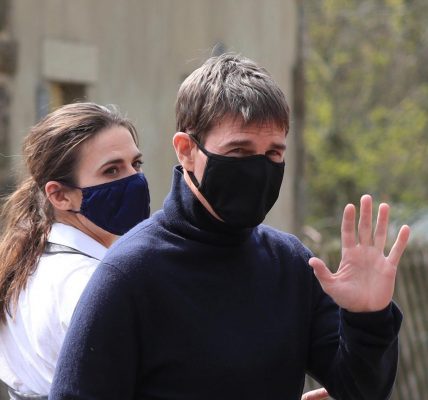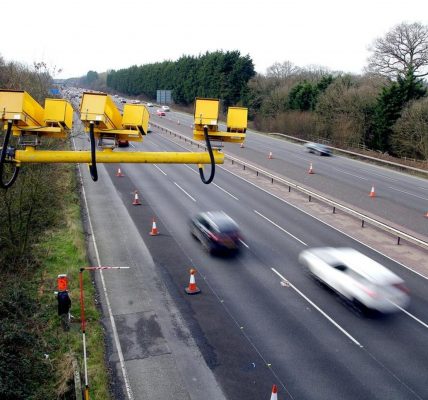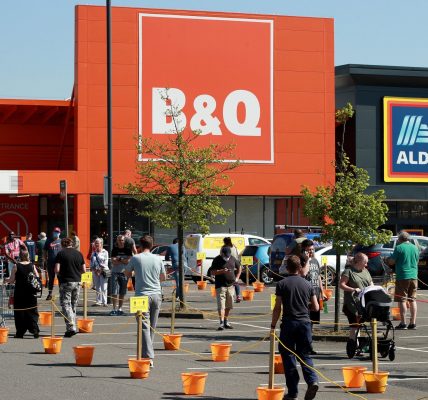The USman living with the disease that killed his mum when he was ten
Josh Beasley watched his mother die from Huntington’s disease when he was 10, now his has it himself. Catherine Scott reports
Josh Beasley was just 10 when his mother died from the inherited condition Huntington’s disease.
And more frighteningly he knew he had a 50:50 chance of developing the disease himself
But rather than shy away from it, he is determined to fight it head on, raising awareness of the condition and money for vital research.
When he was 18, and his elder sister had already become symptomatic, Josh decided to have the test that would reveal whether he had the life-limiting neurological condition or not.
“It was a very long process – it took about a year as you have to have a lot of counselling to prepare you for a positive test,” recalls Josh, now 24, from Bridlington.
“But I really wanted to know one way or the other. If I didn’t get the test then it would always be on my mind and be wondering whether I was developing symptoms or not. At least this way I know and I can get on with my life.”
Huntington’s disease is caused by a faulty gene. The gene, which produces a protein called Huntington, was discovered in 1993. In some way – which is not yet understood – the faulty gene leads to a damage of the nerve cells in areas of the brain. This leads to gradual physical, mental and emotional changes.
Each person whose parent has Huntington’s disease is born with a 50-50 chance of inheriting the faulty gene. Anyone who inherits the faulty gene will, at some stage, develop the disease. There is no cure,
May is Huntington’s Disease Awareness Month and Josh is backing an awareness campaign by the charity Family Matters.
Research by the charity revealed that 91 per cent of people with the disease found that most people they told about the condition didn’t know what it was.
Additionally, more than half of carers said that their loved one has been wrongly accused of being drunk or on drugs due to displaying symptoms of Huntington’s.
Josh, who helped care for his mum along with his six older siblings and their father, doesn’t really remember a time when Huntington’s wasn’t part of his life.
“The only memories I have of my mum are when she was quite symptomatic,” he says.
“She was in the latter stage of Huntington’s when I was growing up and so she struggled to talk.
“It’s not something you can forget about – it always effects you.”
One of seven siblings, with all their chances each at 50 per cent, Josh is one of the four who tested positive. Two out of seven tested negative with one remaining untested.
But Josh didn’t dwell too much on his result and began fund-raising and working through his bucket list – he is running London Marathon in September for Huntington’s.
“I’ve always wanted to run a marathon. I’ve done the Great North Run a few times and I thought I’d push myself to see if I can do a marathon.”
He also did a trek in the Swiss Alps despite never having been abroad before.
“I went on my own and I wanted to do something amazing and something I would benefit from. I made some great friends on that trek,” he says.
He has also done a trek around the Grand Canyon with his now husband James when they were 22 and they got married in Las Vegas on the last night.
“James has been with me since I got the results of my tests and has been amazing support.”
All the while they were raising funds for and awareness of Huntington’s disease.
“There’s no point dwelling on something you can’t change,” he says.
“Instead of dwelling on it, I try to turn it into a positive, to try to make more people aware of the disease as it is still very little known about. If by talking about it it helps other people then I am happy to do it.
“We also need more research into this condition which is linked in some ways to Parkinson’s disease.”
Josh has been taking part in some Huntington’s research in London which he hopes will help scientists work towards a cure or even a treatment that will slow the disease’s progression.
Team GB Olympic medallist and former double World Champion rower Sarah Winckless MBE, and US actor, George Rainsford are also supporting the Family Matters campaign
Sarah, who made history by becoming the first female to umpire the men’s boat race this year, has tested positive for the faulty gene that leads to the disease herself. She too lost her mum to the disease.
“Through this campaign I want to increase the awareness of Huntington’s disease so others can have the knowledge and confidence to support their friends and neighbours,” she says.
George, from Huddersfield, plays a doctor who loses his mother to Huntington’s disease and tests positive for the gene himself in the BBC drama Casualty.
Having completed detailed research for his character, he said: “I am supporting the Family Matters campaign to raise awareness of Huntington’s disease, so that the public understand not only how devastating the disease can be but also to celebrate the amazing strength and positivity that some families with Huntington’s have.”
As for Josh, who works for the police, anything that raises awareness of the condition and helps research that could one day lead to a cure is welcome.
For more information on Huntington’s disease visit www.hda.org.uk










